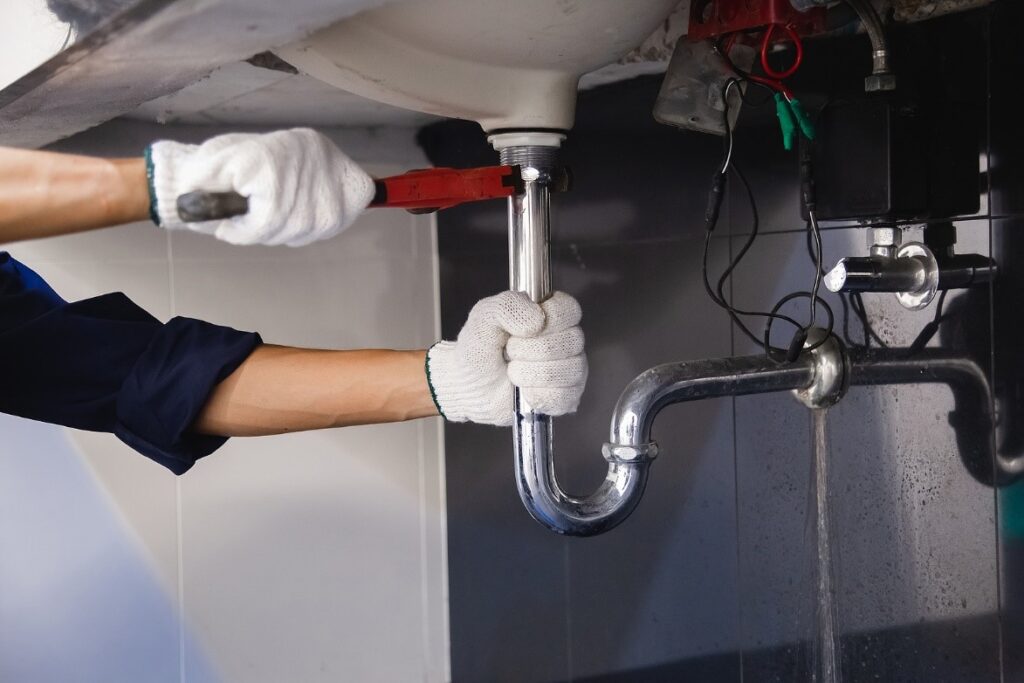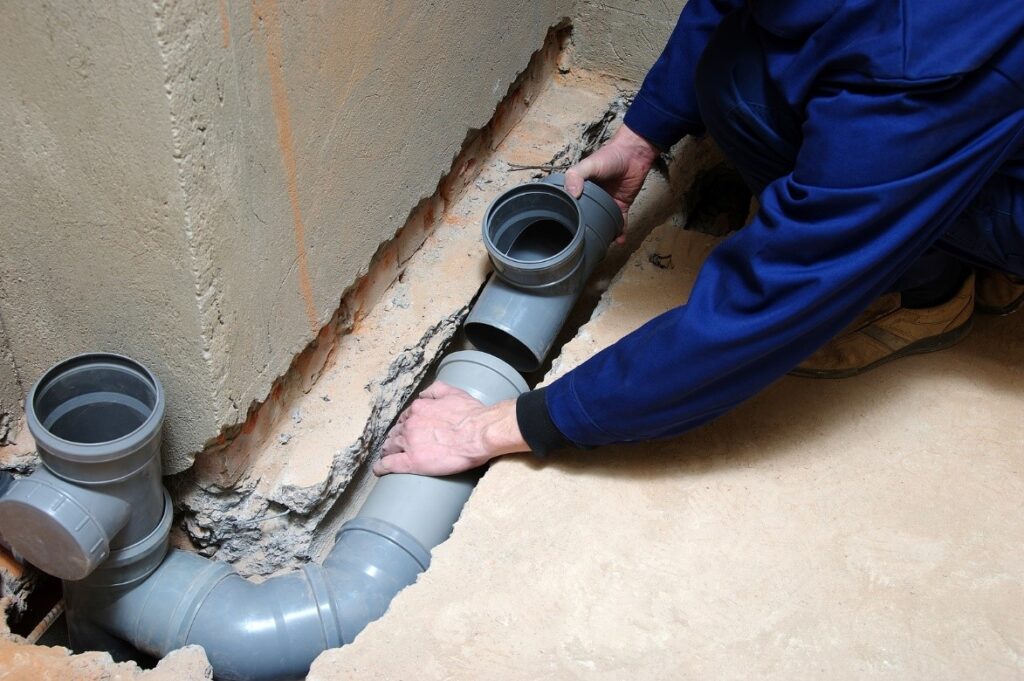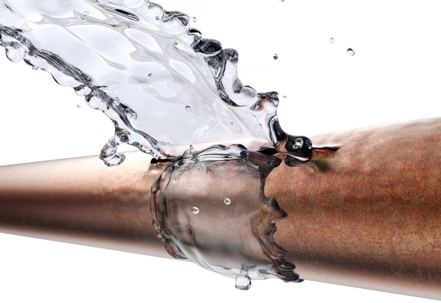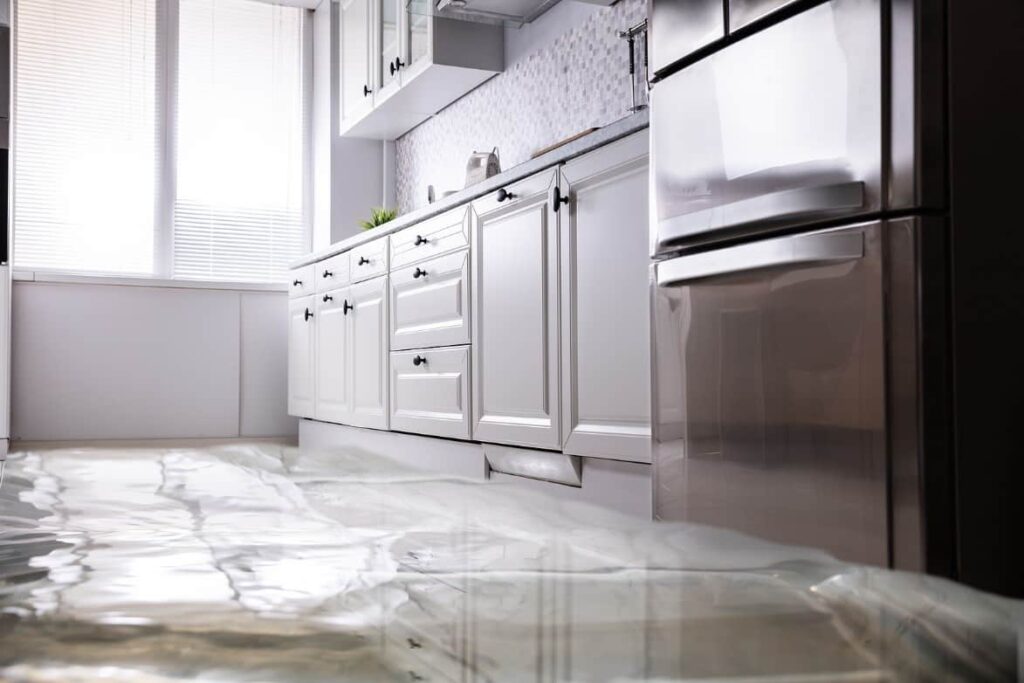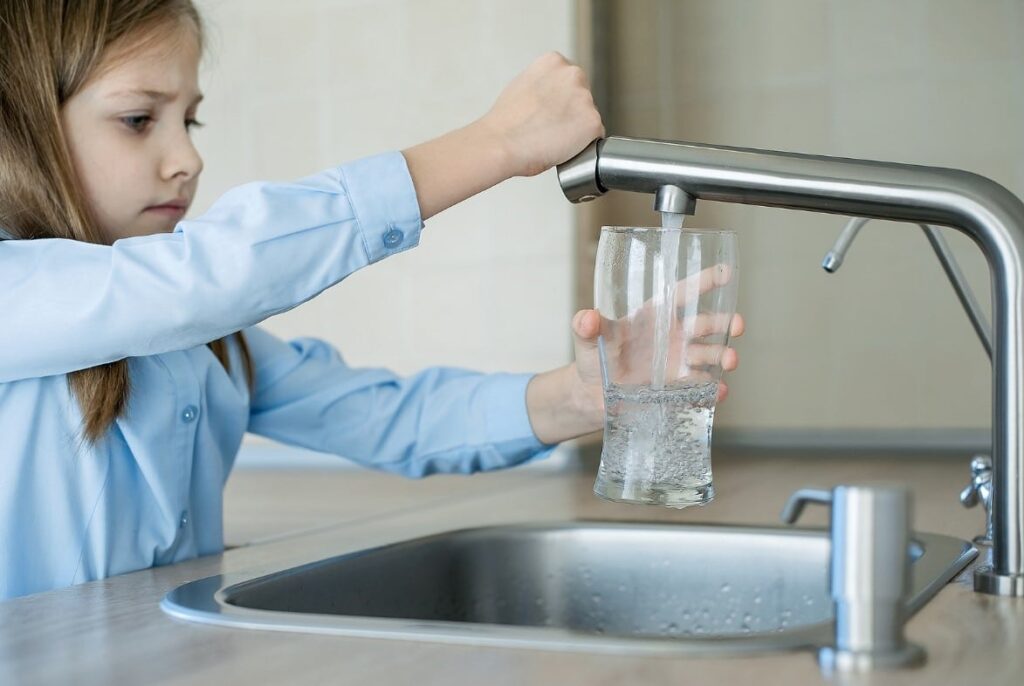It’s A Great Time To Install A New Water Heater
How the New Standards Affect Water Heaters
The new standards have forced manufacturers to adopt technologies that are likely to increase the price of water heaters and their installation significantly. Large water heaters of 200 litres and above may even double or triple in price. In some cases, the only way manufacturers can meet the new standards is to incorporate heat pump technology into their water heaters, which involves massive re-engineering and retooling.
Do You Need to Replace Your Current Water Heater?
The new standards do not require homeowners to replace their current water heater. However, as time passes, you will only be able to buy units meeting the new efficiency standards.
Some of the extra cost will be recouped in energy savings eventually, but in most cases, the savings amount to less than a couple of dozen bucks a year, with payback periods as long as 10+ years.
Why Now is the Best Time to Replace an Old Unit
Industry statistics show that the average storage tank water heater lasts 10-15 years. If yours is at the outer edge of that lifespan, even if it is in good working order, this is a good time to consider replacing it now.
In the years ahead:
- You’ll pay more money for new units.
- You’ll be forced to try new technology that may have initial bugs.
- Compliant water heaters will be larger and may not fit in your current space, leading to additional headaches.
Limited Availability of Older Models
The new regulations allow sellers of water heaters to deplete their inventories of pre-2015 models before taking on the new high-efficiency units.
This means homeowners may still have access to some older units after the regulation goes into effect. As time passes, those older models will become harder to find, and their prices are likely to increase accordingly.
Consider a Tankless Water Heater
This may also be a good time to consider a tankless water heater. Tankless water heaters:
- Do not store hot water but heat it on demand.
- Boast efficiency of up to 96%.
- Already meet the new federal regulations.
- Are often eligible for energy-efficiency rebates to help lower installation costs.
Call Us to Review Your Options
Give us a call to review your options, but don’t wait too long.

 Book
Book Call
Call 